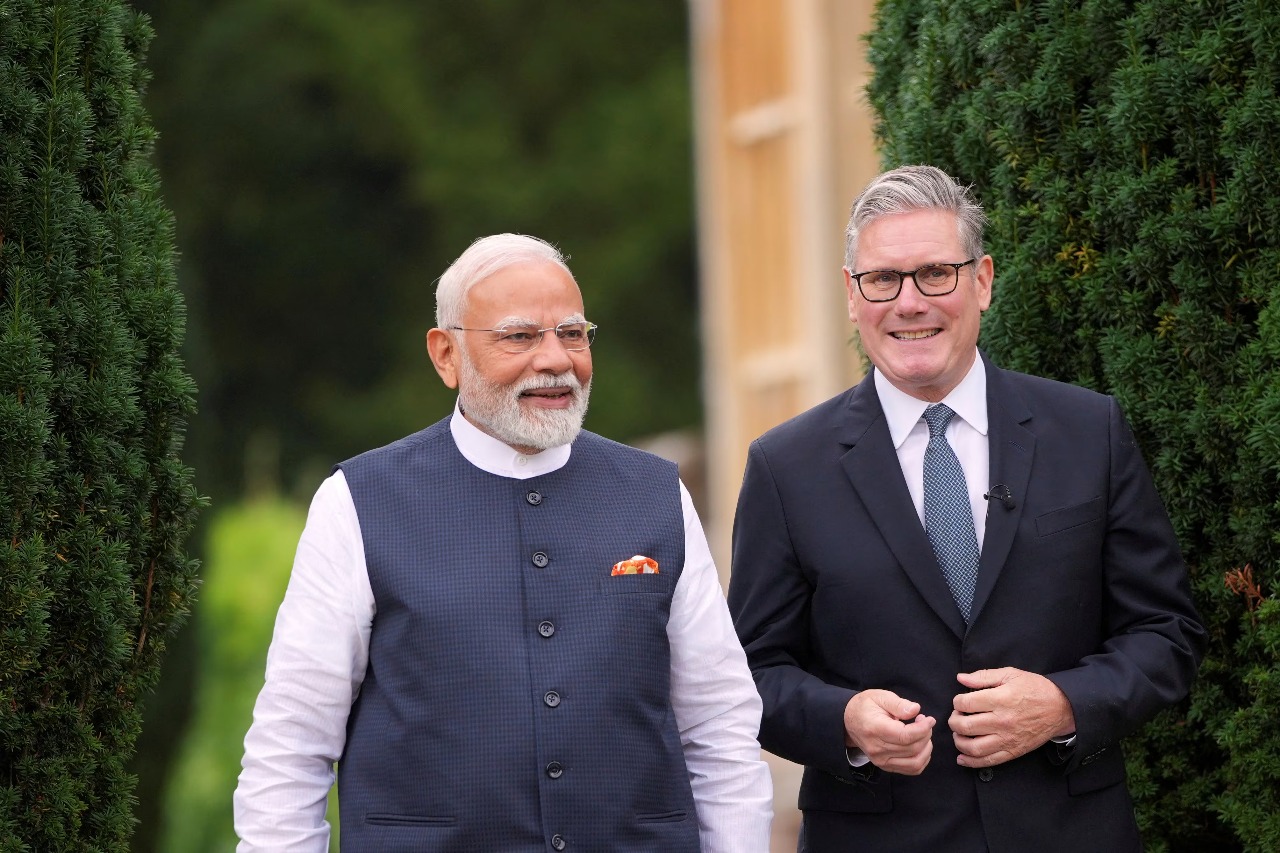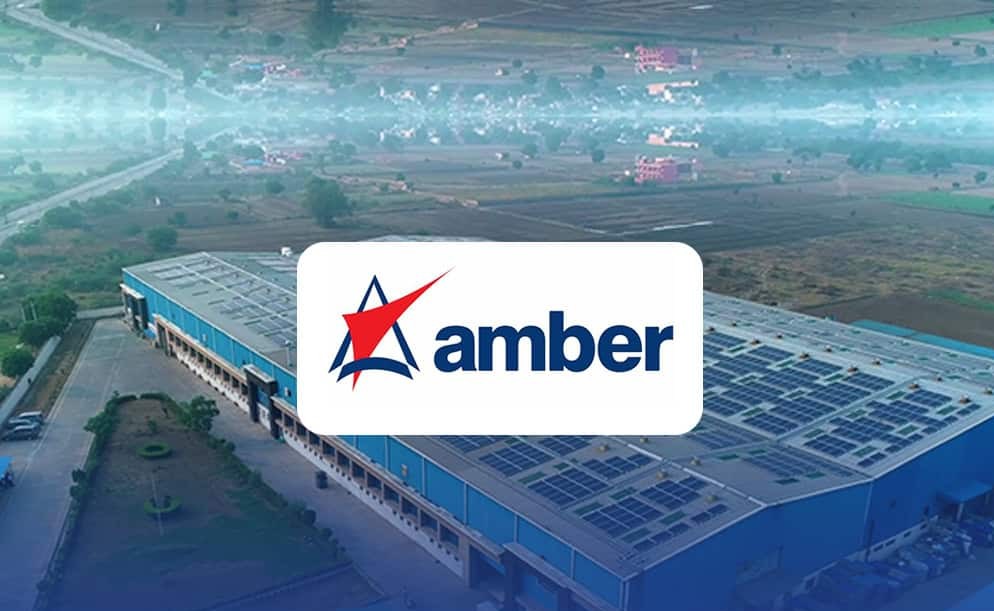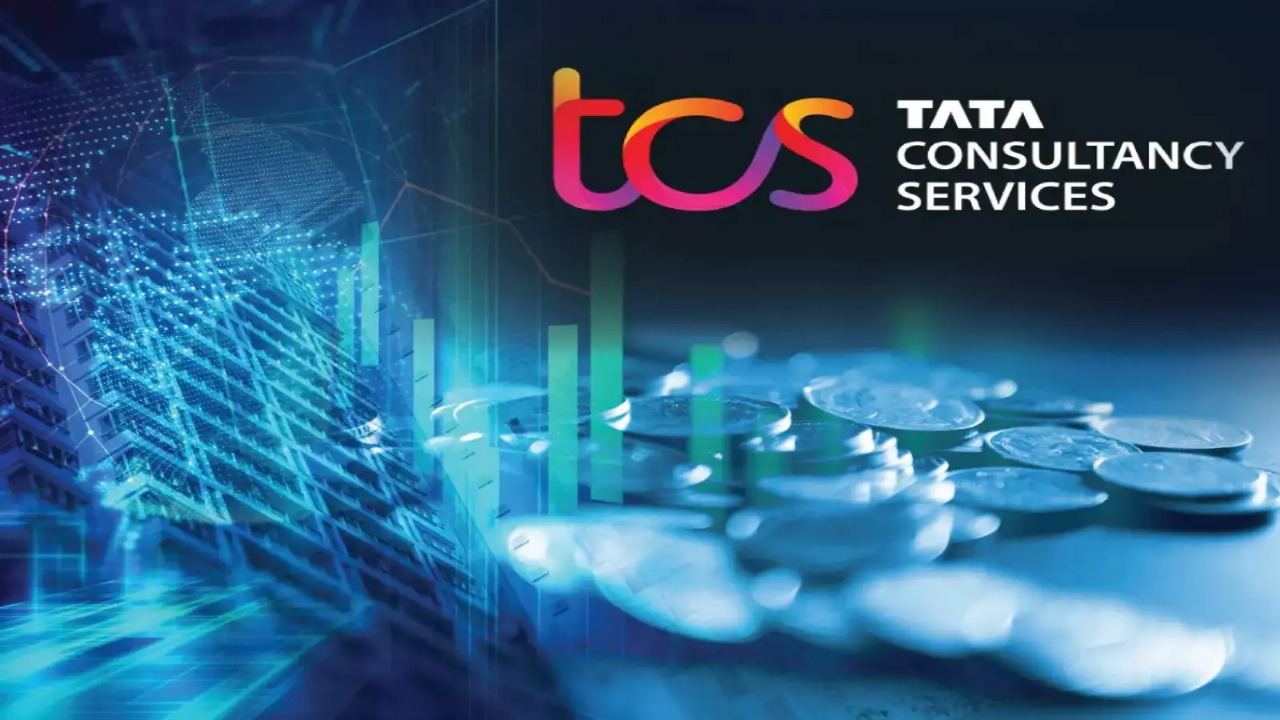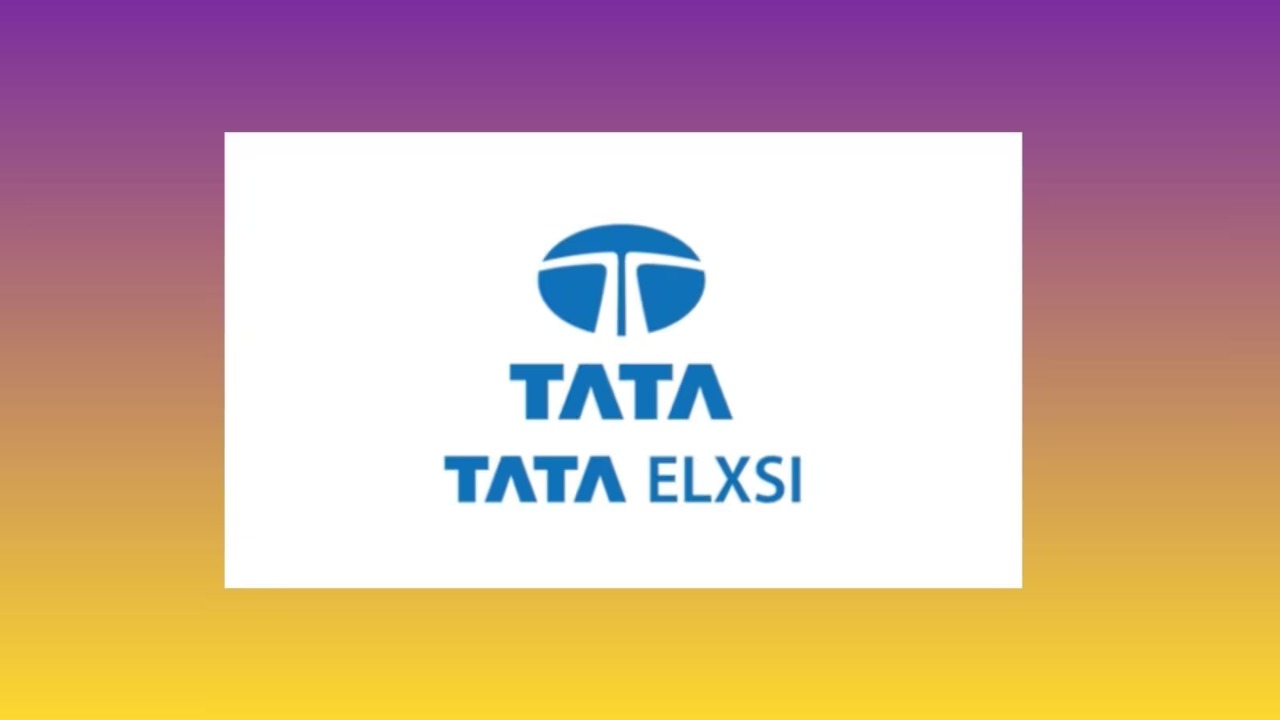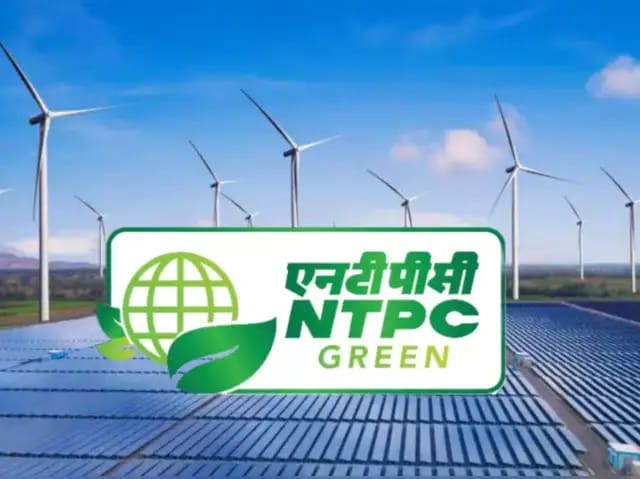In a landmark meeting in Mumbai, Indian PM Narendra Modi and UK PM Keir Starmer underscored the transformative potential of the India-UK Comprehensive Economic and Trade Agreement (CETA). The pact aims to boost bilateral trade by £25.5 billion by 2040, backed by £1.3 billion in Indian investments creating nearly 7,000 UK jobs.
Modi and Starmer Drive India-UK Trade Pact Toward Job-Rich Growth
Indian Prime Minister Narendra Modi and British Prime Minister Keir Starmer met in Mumbai on October 9, 2025, to accelerate the implementation of the India-UK Comprehensive Economic and Trade Agreement signed in July 2025. This pact, hailed as a breakthrough, envisions robust tariff reductions, market access expansion, and enhanced collaboration across sectors to drive mutual economic growth and job creation.
The leaders praised the progress made since the deal’s signing, highlighting £1.3 billion worth of new Indian investments in the UK poised to generate approximately 7,000 jobs across sectors such as advanced manufacturing, digital trade, clean energy, and services. This signifies both nations’ commitment to translating trade agreements from paper into palpable economic benefits.
Modi emphasized the partnership’s unique synergy and its impact on industries and consumers, while Starmer underscored the pact’s role as a foundation for future growth, stability, and employment opportunities in the UK. The trade deal targets an additional £25.5 billion boost in bilateral trade by 2040, strengthening ties between the two of the world’s largest economies.
Notable updates:
64 Indian companies to collectively invest £1.3 billion in UK businesses, creating nearly 7,000 new jobs.
Trade ministers agreed to deepen cooperation in advanced manufacturing, digital commerce, clean energy, and services.
The pact reduces tariffs on goods including textiles, cars, whisky, and luxury vehicles, enhancing market access.
Despite trade benefits, visa facilitation for Indian professionals was not included in the current agreement.
The UK economy is expected to gain an estimated £4.8 billion annually from expanded trade ties with India.
Major takeaways:
The India-UK trade deal is a cornerstone for amplifying economic and strategic ties post-Brexit.
The agreement emphasizes investment, market growth, and high-skilled job creation over mobility reforms.
Both leaders reaffirmed strategic cooperation on technology, education, defense, AI, and advanced communications.
India’s rise as the world’s fifth-largest economy makes it a natural and vital trade partner for the UK.
Important points to note:
While visa access for Indian nationals remains outside this deal, the pact opens significant pathways for trade and investment growth.
The deal’s implementation timeline is set within a year, with ongoing discussions on tariff cuts and services access.
This initiative positions the India-UK partnership to thrive amid global economic challenges and geopolitical shifts.
This milestone signifies a new chapter in India-UK relations focused on economic prosperity and job creation, leveraging shared strengths across sectors.
Sources: Reuters, India Today, BBC, UK Government, Indian Express, Moneycontrol.

